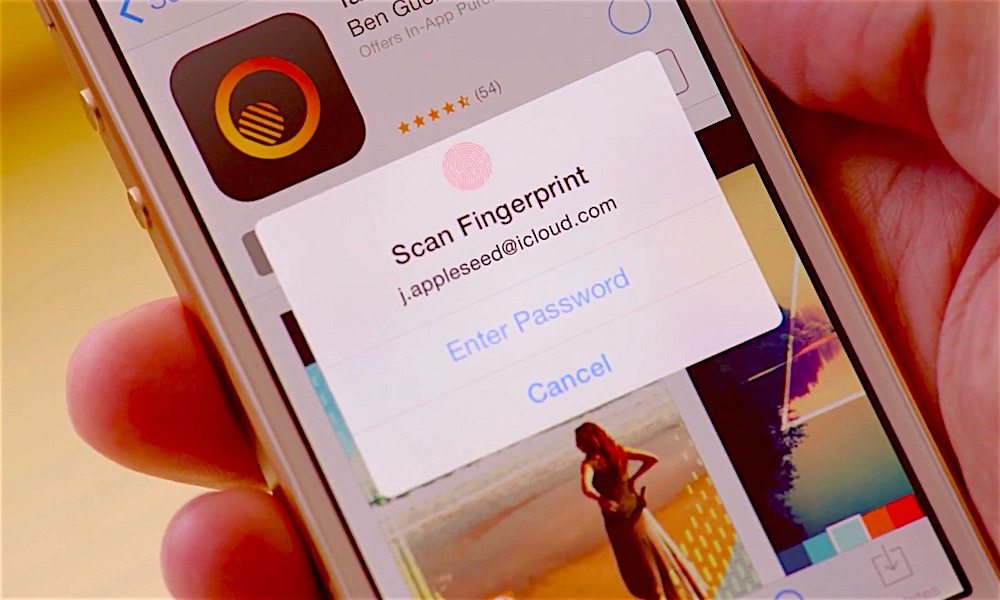Korean Patent Troll Sues Apple and Samsung over Touch ID
 Credit: iDB
Credit: iDB
Toggle Dark Mode
Both Apple and Samsung were sued this week by a South Korean firm who claims that the companies’ fingerprint scanning technologies infringe on at least three of its fingerprint recognition patents filed years ago with the U.S. Patent and Trademark Office.
First Face, who’s described as a “venture company,” reportedly filed the lawsuits against Apple and Samsung on Tuesday, April 10, with the U.S. District Court for the Northern District of California in San Jose, Business Korea reports.
The company, which the publication further described as a “patent troll” merely utilizing “sold or purchased patents” as a way to leverage making money in penalties via unfounded lawsuits without actually producing any products of its own, says that Apple and Samsung are culpable of violating and infringing its three U.S.-based patents.
Apple “violated” these patents via its Touch ID technology; while Samsung merely “infringed” on the patents with its devices like the Galaxy S6, Galaxy Tab 2 and more.
AppleInsider noted that as of Thursday morning, it was unable to locate or retrieve the court documents pertaining to First Face’s case in any online database, and while it’s possible that an error may have occurred when the case was filed — leading to its mysterious absence — if the case was indeed filed on April 10, as Business Korea reports, then it should be available for digital access by now.
First Face allegedly claimed in court documents that prior to an invention by the firm’s co-CEO, Jung Jae-lark, fingerprint locks such as Touch ID were “unprecedented,” according to a separate report from South Korea’s FN News via The Korea Herald.
Jung Jae-lark, along with First Face’s other co-CEO, Shim Young-tack, reportedly offered Apple a licensing deal on their patented technology prior to Touch ID’s introduction on the iPhone 5s back in 2013 — however the iPhone-maker supposedly rejected the offer.
Meanwhile, the ostensibly patent-only firm holds additional patents on facial scanning and iris recognition protocols similar to Face ID, as well, though these patents and technologies aren’t being pursued in the inherent case.
Touch ID has been around since Apple introduced it on the iPhone 5s in 2013, prior to employing the technology on its iPad Air 2 in 2014, and MacBook Pro with OLED Touch Bar back in 2016.
Ironically, while Touch ID has been around for years and has been integrated in a myriad of wildly-popular Apple products, the company is expected to begin phasing out the fingerprint recognition tech this year when it introduces at least three new iPhone models and one iPad Pro which will replace the iconic Home button with Face ID.






